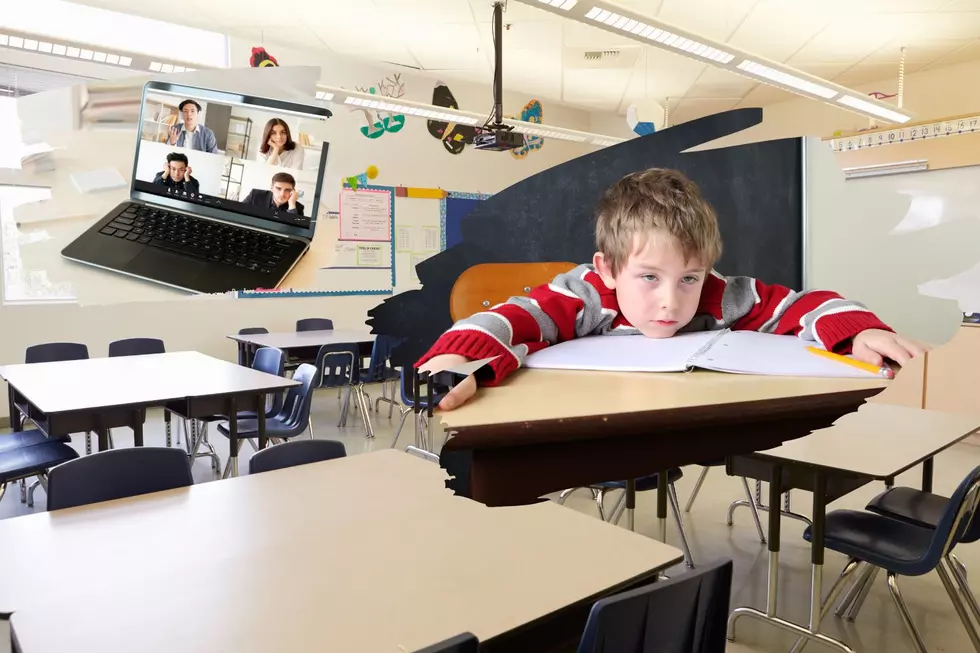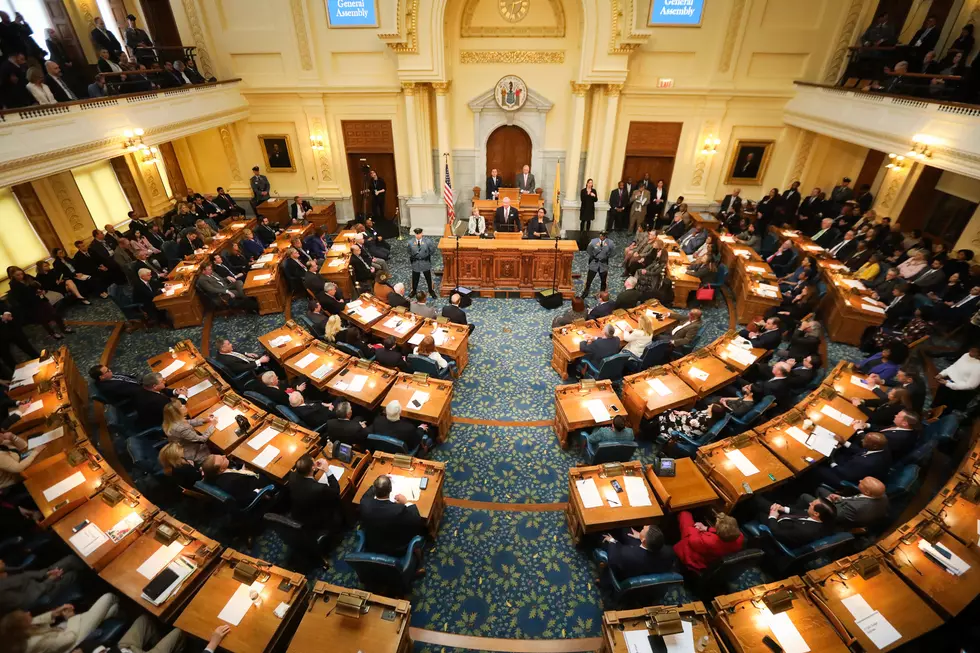
NJ colleges prepare to prevent ‘lost generation’ of students
TRENTON – New Jersey colleges are making plans to address the impact of pandemic-driven learning loss on student readiness and even the debt they’ll take on earning a degree.
“This is going to fall upon you,” Assemblyman John Burzichelli, D-Gloucester, told college presidents at a budget hearing. “People are going to be coming. They’re going to be admitted. They’re going to be paying tuition, and they’re not going to be entirely ready to learn.”

Rutgers University President Jonathan Holloway said 15% of students take remedial classes in any given year but “that number is certainly going to go up” after testing for language and math skills. But he said it’s impossible to know the scope of the challenge at this point.
“We know it’s going to be hard, and we are doing the best that we can to get ready,” Holloway said. “But it’s one of these things where it’s predicting a storm but you don’t know exactly where it’s going to hit land.”
Stockton University President Harvey Kesselman said colleges also need to prepare for mental health issues exacerbated over the past year. He said Stockton is preparing summer overnight events to ease students back in but expects challenges.
“One study I saw, 43% of the students from less-advantaged backgrounds were trying to do all of their assignment and homework on their iPhones. I can’t even imagine that,” he said. “They’re definitely going to have some kind of learning deficiencies coming in because of the last year and a half that they’ve spent.”
“There’s going to be a lot of work on intensive advising, intensive counseling as well as student support in the way of tutoring and things of that nature to ensure that the students get caught up as rapidly as possible,” he said.
Higher Education Secretary Brian Bridges cited two programs in place that help with student preparedness, both of which were in operation long before the pandemic.
One is called College Readiness Now, a program that started seven years ago in which community colleges partner with more than 60 high schools. That program currently has around 2,800 students.
The other is called GEAR UP – short for Gaining Early Awareness and Readiness for Undergraduate Programs, focused on helping low-income students be more college ready and navigate their first year of college. It’s a federal program first funded in 1999 that Bridges said operates in six cities and is adding three more. The current grant runs through fiscal 2026.
“I do believe that we’re working to try to mitigate that, and we want to try to stem the fact that there very well could be a lost generation of students,” Bridges said.
“There’s some things taking place, but there’s certainly more that we can do,” he said.
Warren County Community College President Will Austin said a whole generation of students will be affected by the pandemic’s disruptions.
“This is not a one-year problem. I’m preparing my campus for two decades of problems,” Austin said. “The eighth grader who missed a year is going to have problems four years from now. The third grader who missed a year is going to have problems when they reach us. And they’re not going to be admitted to selective institution schools. So, we’re going to have to be the ones for the next two decades redo curriculum, redo syllabi and figure out ways to make up this gap.”
St. Peter’s University President Eugene Cornacchia said students will probably need more time to complete their degrees.
“All our institutions are working on summer programs to try to bring students up to speed,” said Cornacchia of the state’s 14 independent colleges and universities. “We’re in particular concerned that it might be necessary for a fifth year of college because this all isn’t going to be caught up over four years.”
“That’s very distressing, I think,” said Assemblywoman Nancy Munoz, R-Union. “We keep talking about debt and funding for – who’s going to pay for the fifth year? If we’re already worried about our students exiting college with heavy student loans, where’s that money going to come from?”

Kesselman said Stockton is getting record numbers of summer enrollments, as students are using federal grants to catch up on courses or get ahead.
“Students who fall behind, they can take anywhere from 12 to 20 credits at Stockton for the same amount. So, they can get caught up,” Kesselman said. “But the problem is if they’re not ready as a result of what they’ve just gone through. My sense is they’ll get back into a rhythm.”
When Ocean and Monmouth County Police saved the day
More From Beach Radio










